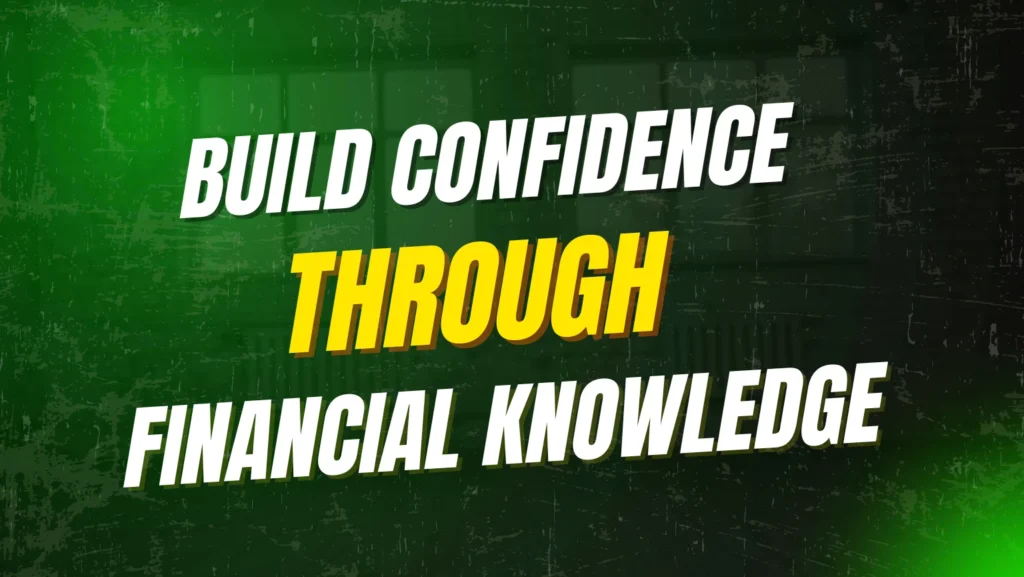
Your credit score can impact everything from loan approvals to interest rates and even rental applications. Yet, there’s a lot of confusion around what affects it — and what doesn’t. Let’s clear up some of the most common myths that might be holding you back.
1. Checking Your Own Credit Score Hurts It
Truth: This is one of the most widespread myths. When you check your own credit score, it’s considered a soft inquiry — it doesn’t lower your score. Only hard inquiries (like when you apply for a loan or credit card) may have a small, temporary impact.
Does checking your credit score lower it?
No, checking your own credit score is a soft inquiry and does not affect your credit score.
2. You Only Have One Credit Score
Truth: You actually have multiple credit scores, depending on the credit bureau (Equifax, Experian, TransUnion) and the scoring model (FICO, VantageScore). These scores can vary slightly based on the data available to each bureau.
3. Closing Old Credit Cards Helps Your Score
Truth: Closing an old credit card can hurt your score, especially if it was your oldest account or had a high credit limit. Keeping old accounts open improves your credit history length and helps maintain a better credit utilization ratio.
4. Your Income Affects Your Credit Score
Truth: Your income is not part of your credit score calculation. While lenders may consider income when assessing your loan application, your credit score is purely based on your credit history, payment behavior, and debt levels.
5. Paying Off a Loan Erases Its History
Truth: Even after you’ve fully paid off a loan, its record doesn’t disappear. A closed, positive account can stay on your credit report for up to 10 years and continues to contribute positively to your score.
6. You Need to Carry a Balance to Build Credit
Truth: You don’t need to carry a balance month-to-month. In fact, paying off your full balance on time is one of the best ways to maintain a healthy credit score. Carrying a balance only leads to unnecessary interest payments.
7. A Good Credit Score Guarantees Loan Approval
Truth: A high score increases your chances but doesn’t guarantee anything. Lenders also look at income, employment history, existing debt, and other factors before approving a loan or credit card.
Final Thoughts
Believing in these myths can cost you money and limit your financial opportunities. Understanding how credit scores really work can help you make smarter decisions and avoid unnecessary damage to your score.
Quick Recap of Key Myths:
- Soft inquiries don’t hurt your score
- You have multiple credit scores
- Old credit cards are better kept open
- Income isn’t part of the score
- Paid loans stay on your report
- No need to carry balances
- Good score ≠ automatic loan approval




